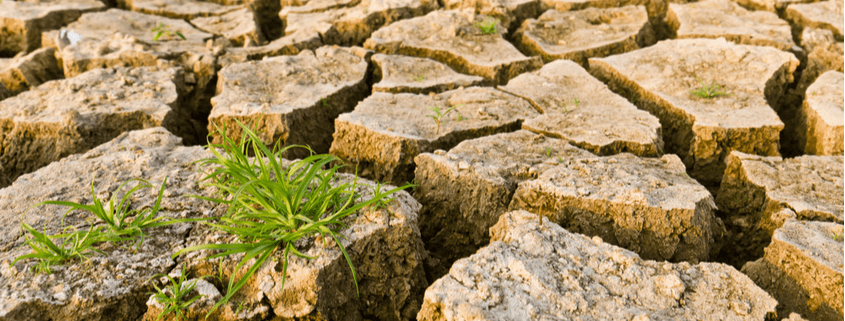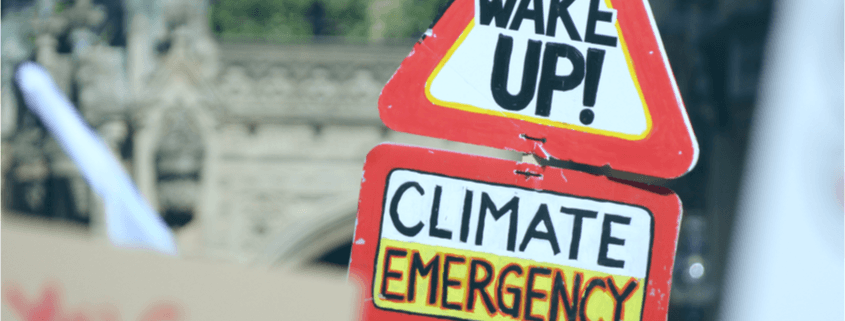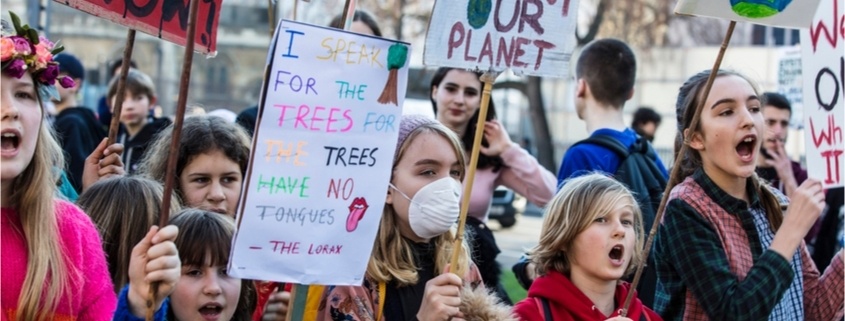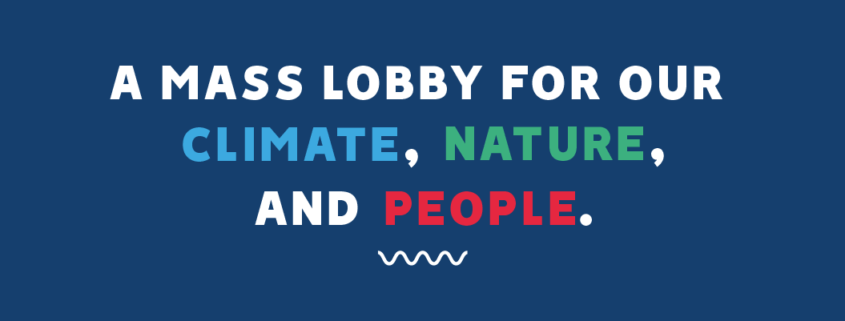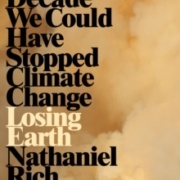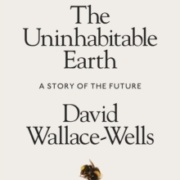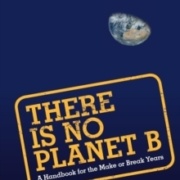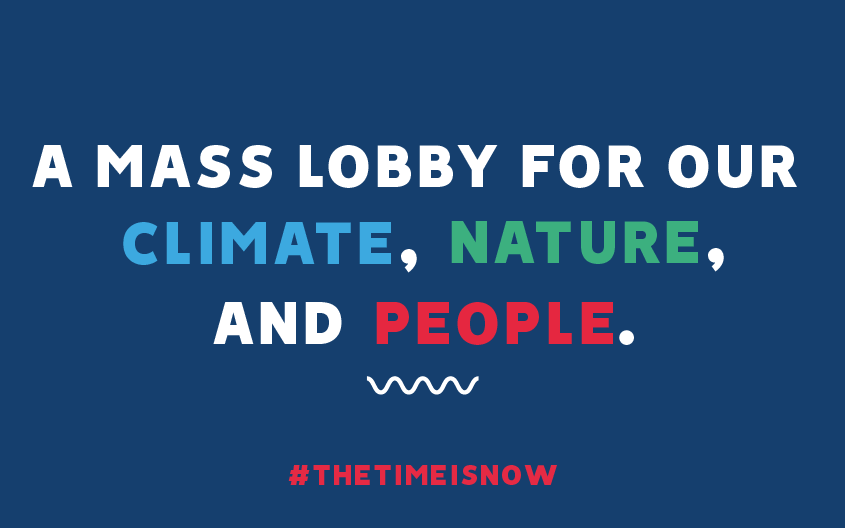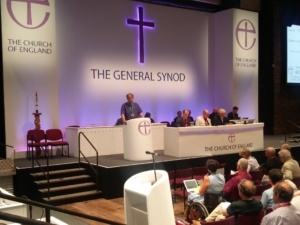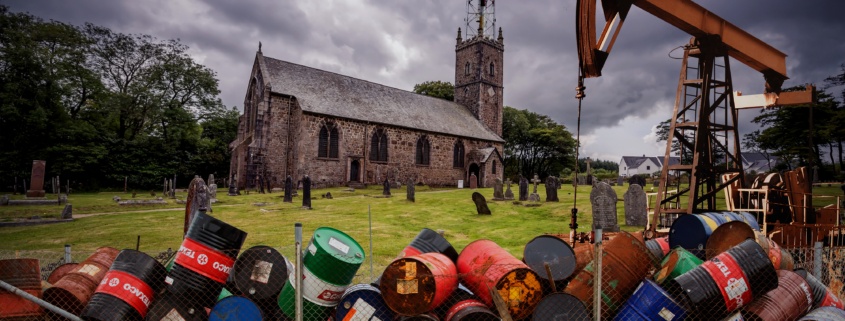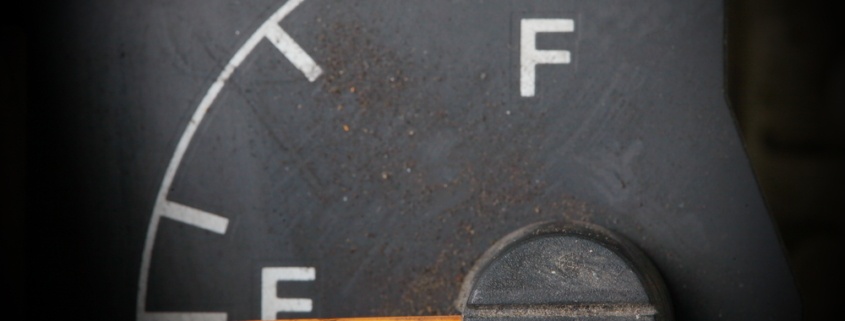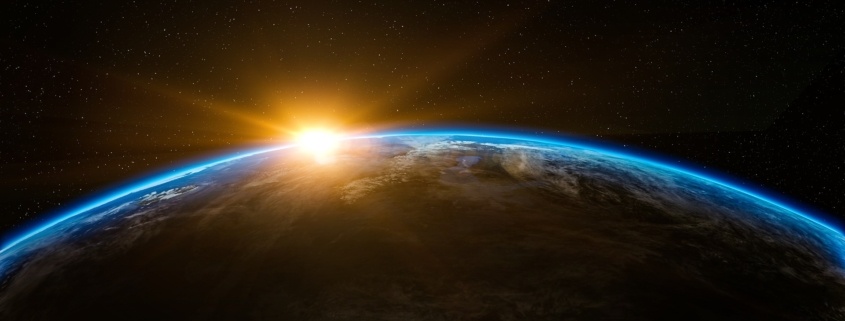A Presidential Address to the Oxford Diocesan Synod
“The world has woken up to the dangers of single-use plastic,” said Sir David Attenborough interviewed by the Daily Mirror a few weeks ago. He was speaking of course about the public response to Blue Planet 2, the remarkable study of the oceans broadcast here in the autumn and then across the world. Viewers were shocked by footage of albatross parents unwittingly feeding their chicks plastic and a sea turtle caught up in a plastic sack, among other gripping images.
The BBC itself has now banned single-use plastic across the corporation. Plastic-free aisles are appearing in supermarkets. Care for the environment and tending creation is back, it seems, on the national and popular agenda.
The first step in the responsible stewardship of creation in the 21st Century is to accept that the activity of humankind is shaping and changing the very ecosystem of the planet. The volume of discarded plastic in the oceans is choking marine life. The volume of greenhouse gas emissions is leading to a critical rise in global temperatures which leads in turn to dramatic shifts in climate and rising sea levels. Deforestation on a massive scale, caused by humankind, leads to soil erosion which leads to changed weather patterns, which leads to mass migration which is felt across Europe and shapes our political life. Christian Aid has reminded us this Lent that there are 40 million refugees in the world displaced within their own countries.
Humankind is no longer simply one of a number of species on the planet, our fragile and beautiful home. We are the dominant species. The global population stands at 7.6 billion and rising. Our collective need for water, energy, food and our waste are reshaping the planet we inhabit.
In the 21st Century, the Church of Jesus Christ should be at the forefront of tending creation and care for the beauty and life entrusted to us, ensuring that the world can sustain life for future generations. Such is the crisis facing our world, that in the 21st Century, the tending of creation should be at the forefront of the witness and mission of the Church.
In the story of Genesis, God places the man and the woman in the garden to till it and keep it, for the blessing of the earth, not its exploitation. Paul makes clear in Romans 8 that the mission of Christ is to the whole of creation, which groans in labour waiting for the freedom of the children of God. The best-known verse in Scripture, John 3.16 reminds us that God so loved the world, the cosmos, whole of creation that he sent his Son to save it.. The fifth mark of mission of the Anglican Communion goes beyond conservation to restoration and undoing the damage we have inflicted on God’s world. We are called “To strive to safeguard the integrity of creation and sustain and renew the life of the earth”.
Rubbish accumulates, seas rise and people are displaced and global temperatures rise further year by year. Yet still, there is a lack of energy across the Church and society around this agenda. In 2016 Pope Francis published his great encyclical, Laudato Si’, a letter to every person on the earth pleading for a greater urgency in tending creation.
Pope Francis appeals to his namesake, Francis of Assisi. St. Francis reminds that our common home is like a sister with whom we share our life and a beautiful mother who opens her arms to embrace us. He writes:
“This sister now cries out to us because of the harm we have inflicted on her by our irresponsible use and abuse of the goods with which God has endowed her. We have come to see ourselves as her lords and masters entitled to plunder her at will. The violence present in our hearts, wounded by sin, is also reflected in the symptoms of sickness evident in the soil, in the water, in the air and in all forms of life. This is why the earth itself, burdened and laid waste is among the most abandoned and maltreated of our poor. She “groans in travail” (Romans 8.22).
Francis quotes his predecessor, Pope Benedict: ““The external deserts in the world are growing because the internal deserts are so vast”(LS217). Francis sets tending the earth at the front and centre of our discipleship and calls for an ecological conversion of individuals and of communities (LS216-221). It is this call to ecological conversion which I want to us to reflect on in this Synod and across our Diocese today. What would it mean?
We are exploring as a Church our call to be a more Christ-like Church: contemplative, compassionate, courageous. A sense of creation runs through the Sermon on the Mount. The meek will inherit the earth. We read of salt and light; of the earth as God’s very footstool; of sun rising and rain falling. We are asked to pray each day not for abundance but for just enough, for daily bread. Jesus calls us to open our eyes and look at the birds of the air and the lilies of the field. He draws lessons from pigs and pearls and wolves, from grapes and thistles, from sand and storms and wind and rocks.
Tending the earth is rooted in contemplation of Scripture and of creation. In Psalm 8 we read: “When I look at your heavens, the work of your fingers, the moon and the stars that you have established, what are human beings that you are mindful of them, mortals that you care for them”. Creation stirs us to awe and wonder and mystery and wise stewardship of the earth.
How are we to care for the earth unless we have taken time to contemplate its beauty and reflect the beauty and order of creation in our worship?
As we look and listen and ponder, we are drawn then to compassion, to mourning and lament for the wounds of God’s creation. Our looking needs to go beyond gazing at the night sky to the science of our climate. Our gaze needs to pass beyond what can be filmed and shown on our screens to the invisible gases which are causing the rise in global temperature. Carbon dioxide and other greenhouse gases cannot be seen but we can measure and see their effect. Climate change caused by human intervention is a present reality. We feel it least in this temperate climate. For our sisters and brothers in other parts of the world, the effects of climate change are a daily reality. In South Africa, there is severe drought in the east of the country and extreme weather in the west. In Polynesia the oceans are rising. If the world does not take action the human suffering and environmental costs will be incalculable.
In 2015, the nations of the world made an historic agreement in Paris to work together to seek to limit the rise in global temperatures to well below 2 degrees from pre-industrial levels. The Churches and other faith communities have been at the centre of raising awareness of these issues. Our influence across the world is hugely significant, much greater than we think it is. The Church is a global community of people facing common issue of climate change from the perspective of justice and compassion.
Ten years ago, long before the historic Paris agreement, the UK’s environment agency asked 25 leading environmentalists what most needed to happen to limit climate change.
There were 50 suggestions. Second on the list, behind improving energy efficiency was that religious leaders should make the environment a priority for their followers because of the enormous potential influence for change. Imagine the impact if we were truly to do that in this diocese.
Out of a global population of 7.6 billion just 1.1 billion people are secular, non-religious, agnostic or atheist. The remainder belong in some way to one of the great world faiths. 31% of the global population is Christian. 22% belong to Islam. It is our responsibility to give a lead. Together we exert enormous influence as consumers, as shapers of opinion, in our lobbying and voting, in our investments. This is not an issue which will go away or which we can afford to leave to others.
For those reasons we need to move from the call to be contemplative and compassionate to be courageous. We need to deepen the action we are already taking to tend creation for the sake of the whole earth. The ecological conversion needs to be expressed as ecological discipleship.
What are we doing already and how might we deepen and our engagement with this dimension of God’s mission.
Roger Martin and Sally Osberg offer three ways churches, charities, businesses seek to change behaviour and culture: social service provision, social activism and social entrepreneurship. We need to be active in each of these three areas.
Social service provision is part of the life of every parish church. There are people who care passionately about the environment who are already part of our parishes and deaneries and who give freely of their expertise. Martin and Margot Hodson, who work in this area, argue that the parish church itself is an inherently green concept. The more people engage and do things in their own communities, the less energy they use, the more they encourage local skills and businesses. Our Department of Mission is working to connect those who are keen to be a resource in this area through the Earthing the Faith network and make them known to local churches.
As a Diocese together we consist of more than a thousand churches, schools and chaplaincies across our three counties. We are a major consumer of energy and a major source of influence in every community.
I am delighted that the Archdeacons are inviting every Church to switch or consider switching to green energy, to consider an energy audit and to register for the Eco-Church programme. We are putting in place a support programme to help parishes with all of this which will be made known in the next couple of months. This programme is being done in conjunction with the Trust for Oxfordshire’s Environment – though it will apply to the whole diocese – and through them we have already secured over £17,000, including funding from the Beatrice Laing Foundation, to subsidise these energy audits and to help churches implement their recommendations.
There are already several Eco-Church award winners in the diocese (including in Holy Trinity Headington Quarry, St John’s and St Stephen’s in Reading and St Andrew’s, Chinnor and some fantastic environmental projects in schools. St. George’s Washcommon is one of the first carbon neutral churches in the country.
Cafeplus in Haddenham is a fresh expression of Church with an environmental focus and holds clothing, book and plant swaps, bike services and MOT’s and apple pressing in the autumn. In Wargrave, the church has formed Friends of Mill Green to manage a community space in an environmentally sustainable and friendly way. In Owlswick close to Monks Risborough, the church gained grants to install a composting loo together with disabled access to the toilet and the chapel. St. James Finchampstead won a Church Times green award in 2017 for their biodiversity project. The churchyard project at St Mary and St John Cowley has had a positive impact on the local community. There are too many good stories to tell and to celebrate in one morning. Each is making a contribution. But we can do more.
Social advocacy is vital. I am the patron of a small charity, Hope for the Future, which trains and helps local people lobby their Member of Parliament and local councillors on climate change and environmental issues. We held a training day on advocacy with Hope in the diocese last year and more are planned for 2018. Christian Aid are asking people to ask their banks to disinvest in fossil fuels. We have a motion before us again this morning asking the Church Commissioners to set an example through their investment policy to phase out fossil fuels, to adopt renewable energy in line with the timetable set by the Paris climate change agreement. I’ve spoken to several people across the Diocese who have been inspired by Ruth Valerio’s campaign to give up single-use plastic for Lent. Already this is changing the way people shop and creating conversation both within and outside the church.
We are all aware of the number of new homes which will be built across the Diocese in the next decade. What are we doing to engage with the developers to ensure that they are built to the highest environmental standards for the sake of those who will live in them and for the sake of the earth?
Finally, we need in this area as in others to go beyond social service and social advocacy to social entrepreneurship: to encourage good sensible green businesses which keep jobs on the land locally and for the benefit of the local community. There are many green businesses in the Diocese also which develop green technology which is used very widely.
I shared in my first Plough Wednesday in January organised by our rural team. First stop was the Mapledurham Estate, just north of Reading: managed for a generation to create and keep jobs on the land and in the local economy. Land which cannot be used for farming has been developed in other ways as a golf course, a centre for paintballing and other outdoor pursuits. The impact has been significant.
We were introduced for the first time to an anaerobic digester. Slurry from the cattle goes in, along with maize grown on the estate. Electricity comes out along with dried residue which is ploughed back into the ground as fertiliser. Back down the hill then to the working water mill using the energy of the Thames to generate clean electricity. An essential part of the shift to renewable energy the world over is the move from a few large power plants to many different smaller sources.
As we will hear later in this Synod, there are many different ways in which we are called to work out what it means to be Christ-like: contemplative, compassionate and courageous. One which has emerged consistently in our listening across the Diocese is the urgency of environmental care, the call to tend creation. An essential mark of God’s mission is to strive to safeguard the integrity of creation and sustain and renew the life of the earth. May Almighty God give us grace and strength to give this mark of mission the priority it deserves and needs and a sense of urgency in our task as we live as disciples of Jesus Christ in this earth, our beautiful and fragile common home.
+Steven Oxford
17th March, 2018.


